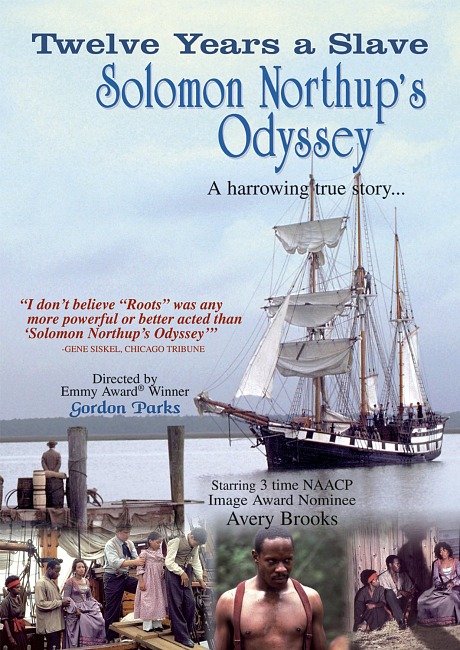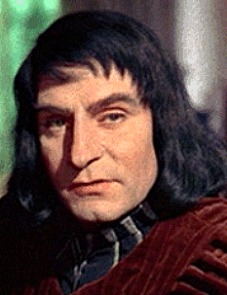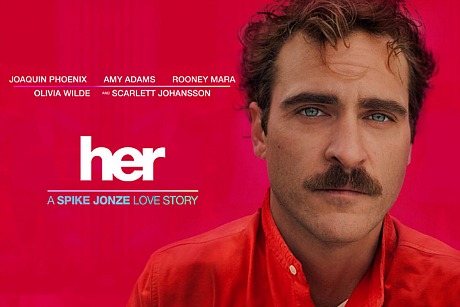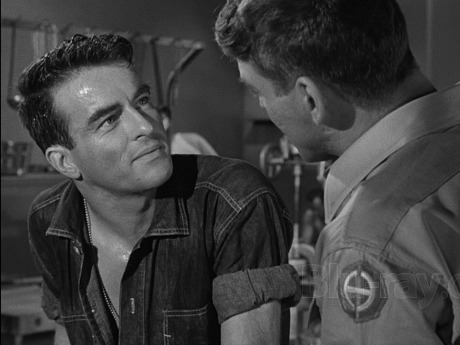I’ve decided to punk down three dollars for a 7-day Amazon Instant Video rental of Solomon Northrup’s Odyssey (a.k.a. Half Slave, Half Free), a 1984 adaptation of Northrup’s “12 Years A Slave,” which of course is the basis for Steve McQueen‘s highly praised, same-titled film which opens on Friday. Directed by Gordon Parks and costarring Avery Brooks, Rhetta Greene, Petronia Paley and John Saxon, Solomon Northup’s Odyssey was originally telecast on PBS on 12.10.84. You can half-tell that Chicago Tribune critic Gene Siskel was trying to be nice when he was wrote that “I don’t believe Roots was any more powerful or better acted than [Parks film].” (A statement that’s vaguely analogous to “I don’t think we don’t love each other.”) Somebody who wrote for the Seattle Daily Times called it “one of the best movies of the year.” Obviously it’s a lesser effort than McQueen’s film, but hopefully it’s at least watchable. Monterey Video is selling the DVD, originally released in 2005, directly from its website.









